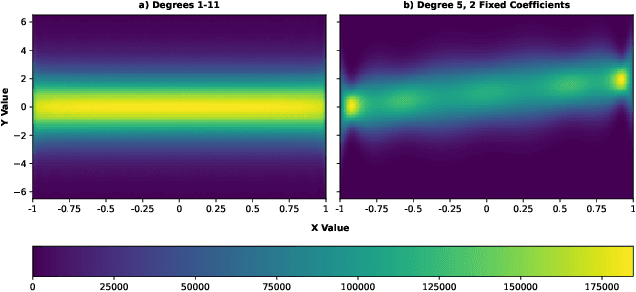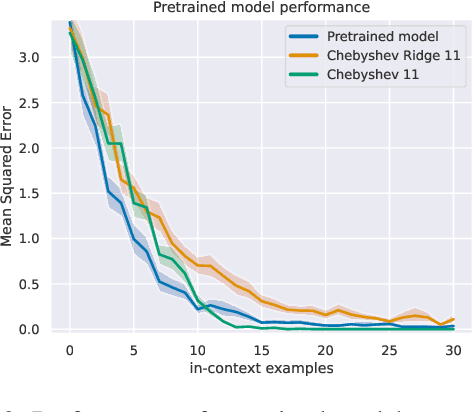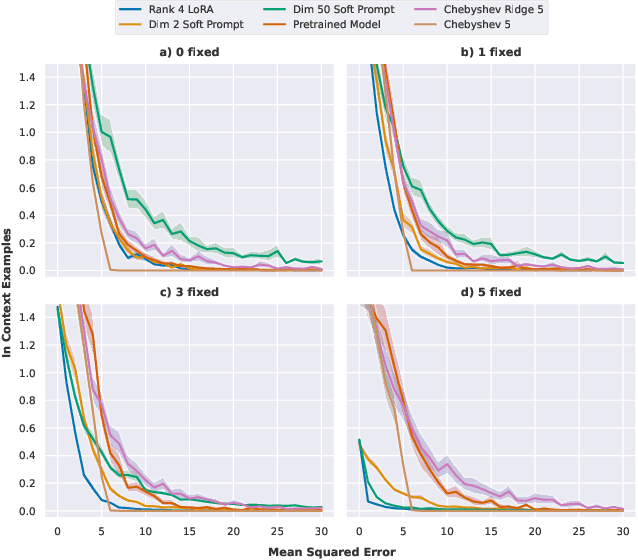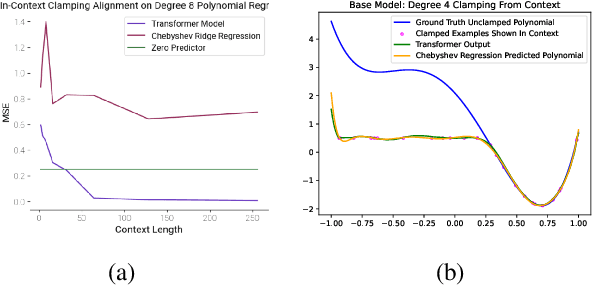Max Wilcoxson
Leveraging Skills from Unlabeled Prior Data for Efficient Online Exploration
Oct 23, 2024



Abstract:Unsupervised pretraining has been transformative in many supervised domains. However, applying such ideas to reinforcement learning (RL) presents a unique challenge in that fine-tuning does not involve mimicking task-specific data, but rather exploring and locating the solution through iterative self-improvement. In this work, we study how unlabeled prior trajectory data can be leveraged to learn efficient exploration strategies. While prior data can be used to pretrain a set of low-level skills, or as additional off-policy data for online RL, it has been unclear how to combine these ideas effectively for online exploration. Our method SUPE (Skills from Unlabeled Prior data for Exploration) demonstrates that a careful combination of these ideas compounds their benefits. Our method first extracts low-level skills using a variational autoencoder (VAE), and then pseudo-relabels unlabeled trajectories using an optimistic reward model, transforming prior data into high-level, task-relevant examples. Finally, SUPE uses these transformed examples as additional off-policy data for online RL to learn a high-level policy that composes pretrained low-level skills to explore efficiently. We empirically show that SUPE reliably outperforms prior strategies, successfully solving a suite of long-horizon, sparse-reward tasks. Code: https://github.com/rail-berkeley/supe.
Polynomial Regression as a Task for Understanding In-context Learning Through Finetuning and Alignment
Jul 27, 2024



Abstract:Simple function classes have emerged as toy problems to better understand in-context-learning in transformer-based architectures used for large language models. But previously proposed simple function classes like linear regression or multi-layer-perceptrons lack the structure required to explore things like prompting and alignment within models capable of in-context-learning. We propose univariate polynomial regression as a function class that is just rich enough to study prompting and alignment, while allowing us to visualize and understand what is going on clearly.
 Add to Chrome
Add to Chrome Add to Firefox
Add to Firefox Add to Edge
Add to Edge